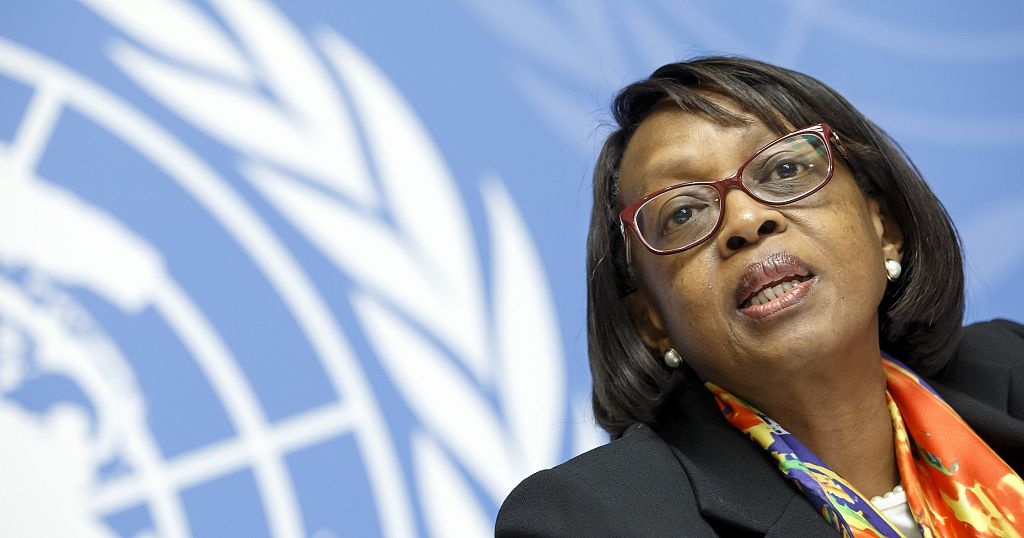The World Health Organization (WHO) Regional Director for Africa, Dr Matshidiso Moeti on Thursday said heavy flooding due to seasonal rains and tropical cyclones in southern Africa risk fuelling the spread of cholera.
Moeti said the number of weekly cholera cases in the affected African nations decreased.
The WHO is stepping up its efforts to improve disease detection capabilities and offers medical supplies in flood-prone areas.
In the week ending on February 26, there were 2880 new cases of cholera, a 37% decrease from the week prior, when there were 4584 cases reported. Deaths decreased slightly from 82 to 81 during the same period, remaining essentially unchanged.
Twelve African countries are currently reporting cases, with South Africa, Tanzania, and Zimbabwe being the latest to detect cholera.
Cholera is contracted from a bacterium generally transmitted through contaminated food or water. It causes diarrhea and vomiting.
Read Also: young-african-girls-innovating-to-combat-climate-change
In Malawi, which is experiencing its worst-ever cholera outbreak, impassable roads due to increased rainfall is slowing outbreak control efforts in some areas.
Mozambique is facing a cholera outbreak that has affected six of its 11 provinces. And after clyone Freddy hit, the risk of spread is high. Cholera vaccination is currently taking place.
In Madagascar, which last reported cholera in 2000, recent cyclones, particularly Cyclone Cheneso that hit the country in January, have caused widespread flooding
The floods have led to an upsurge in malaria cases and increased the risk of cholera outbreaks.
Last week, the WHO cholera team leader Philippe Barboza drew attention to the limited availability of vaccines, medicines, and testing kits worldwide.
Story adapted from Africanews
